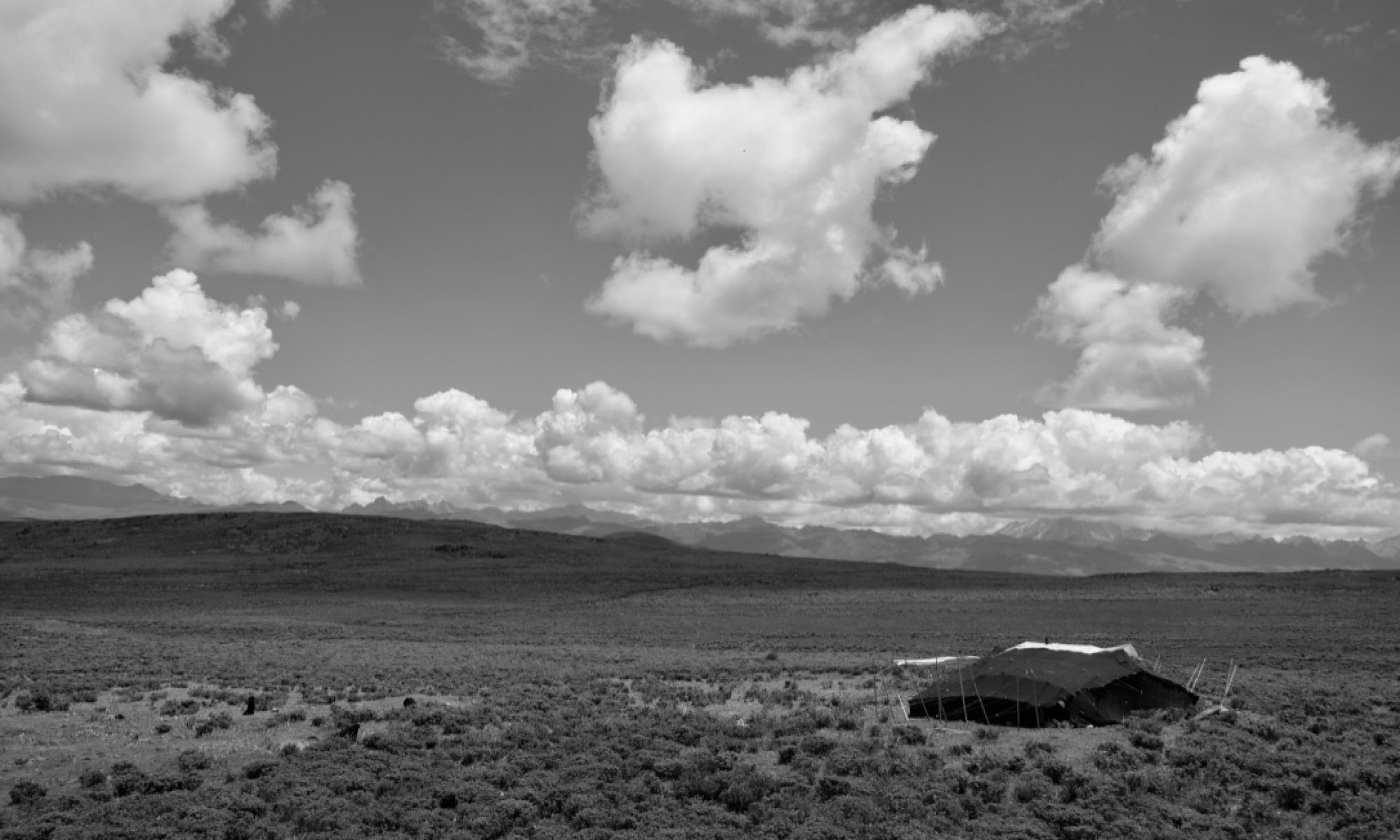When foreign observers comment on the Tibetan diet, they usually remark on the large quantities of meat being consumed. It was somewhat surprising, therefore, to come across the following passage in the ‘Tibet’ volume of Frederick Schoberl’s 1824 encyclopedia, The World in Miniature: “Hence we may infer that all sorts of animal food are forbidden to the religious, who abstain also from every kind of strong liquors.” In 1824, at least one English encyclopedist believed that all Tibetan monks were vegetarians. Schoberl himself had never been to Tibet (or most of the other places he wrote about), but, remarkably for this time period, he cites his sources.

In this case, Schoberl is drawing from Samuel Turner’s epic Embassy to the Court of the Teshoo Lama (available free on Google Books). Turner was the second British diplomat to visit Tibet, making a trip to visit the Panchen Lama at Tashilhunpo in 1783 (‘Teshoo Lama’ = ‘Lama from Tashilhunpo’ = ‘Panchen Lama’). The first British diplomat, the celebrated George Bogle, died before he could publish an account of his trip, making Turner’s work, published in 1800 and reprinted in 1806, the most significant work on Tibet available to Schoberl.
On the way to Tibet, Turner stopped over in Bhutan, where he hung out with a lama-official he calls the Daeb Raja. Turner’s ‘Daeb Raja’ is, presumably, the Deb Raja, also known as the Druk Desi (འབྲུག་སྡེ་སྲིད།), the secular half of the Bhutan’s ruling partnership. A quick look at Wikipedia lets us know that the Druk Desi at the time of Turner’s visit was Jikmé Senggé (འཇིགས་མེད་སེང་གེ།), who ruled from 1776 to 1788. It is from Turner’s account of his meeting with this individual that Schoberl gets his ideas about Tibetan Buddhist vegetarianism. Turner quotes the Daeb Raja as follows:
“My food consists of the very simplest articles, grain, roots of the earth, and fruits. I never eat of any thing that has had breath, for then I should be the indirect cause of putting an end to the existence of animal life, which, by our religion, is forbidden.”
Jikmé Senggé’s refusal to eat meat on religious grounds is a pretty remarkable thing. While vegetarians were by no means unknown to Tibetan Buddhists of this time, they were few and far between. Which leads to the obvious question: was Jikmé Senggé alone in his vegetarianism, or was there a broader movement afoot in Bhutan at this time? Alas, I have no answer. I’ve looked through the usual compliment of online biographies, bibliographies and finding aids, but have come up empty. In fact, I write this post with the hope that someone reading it will know more about Bhutanese history than I do, and might be able to point me towards some other sources for Jikmé Singyé or other Bhutanese vegetarians of this time.
Until further information emerges, I will simply leave the reader to reflect on the remarkable coincidences that allowed a seemingly chance encounter between Turner and this vegetarian monk-official to cause a British encyclopedist (and who knows how many others of his generation) to believe that all Tibetan monks were vegetarian.
